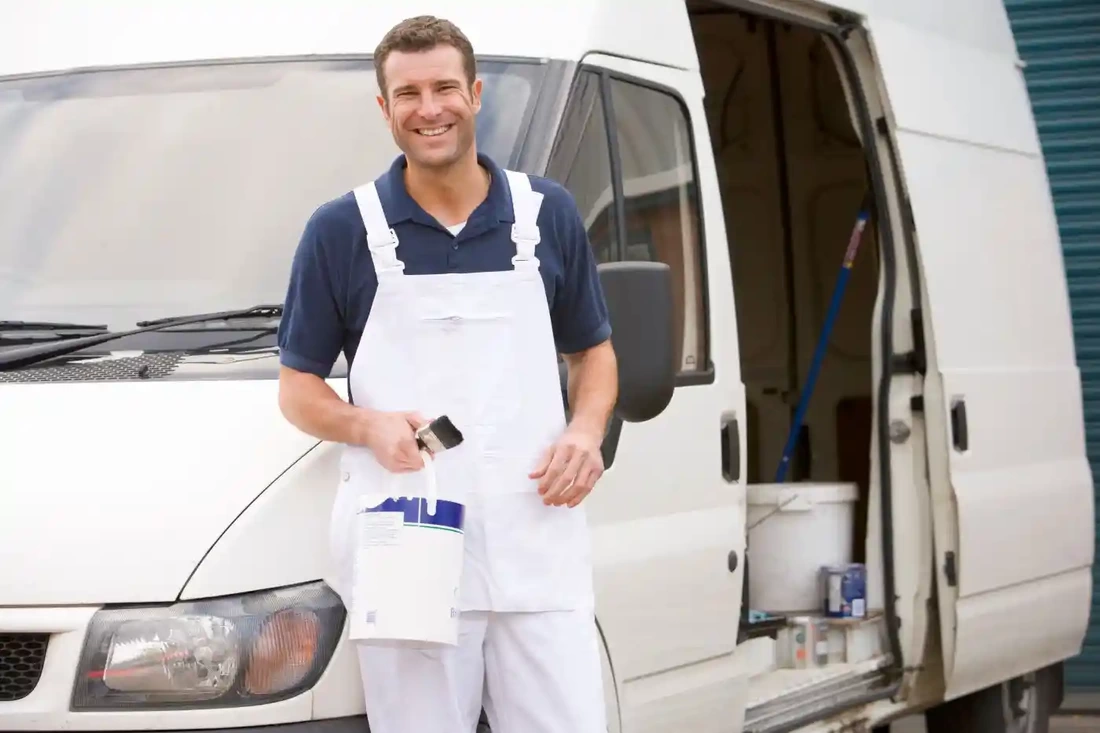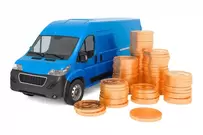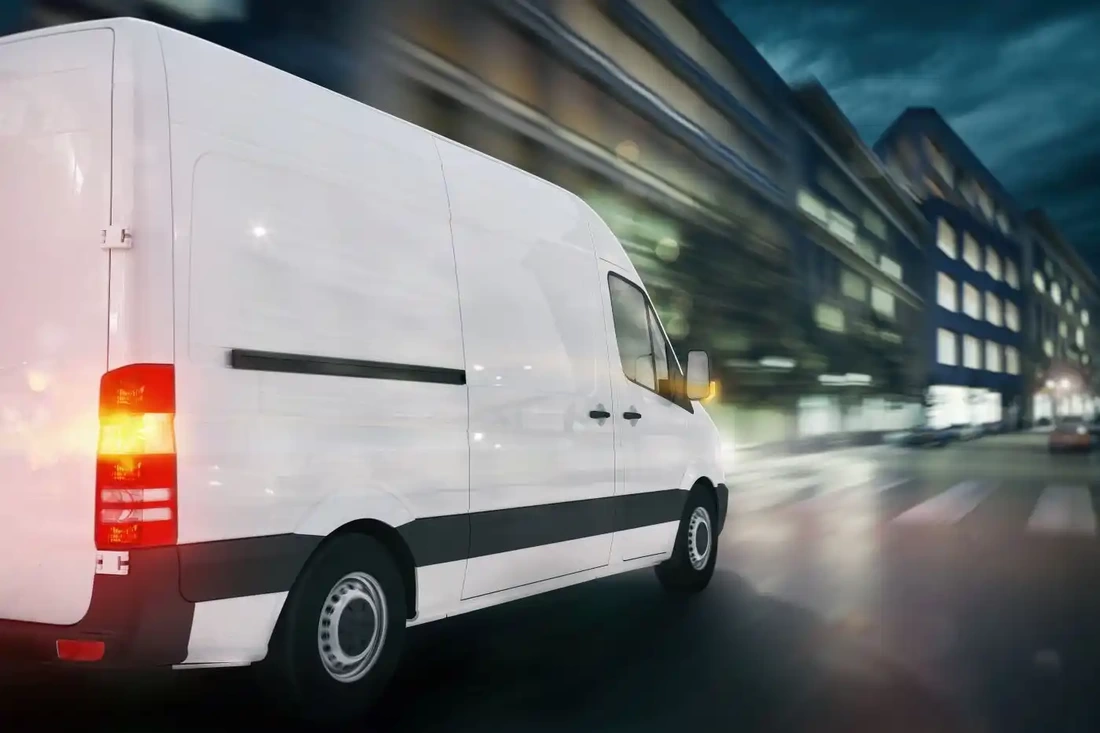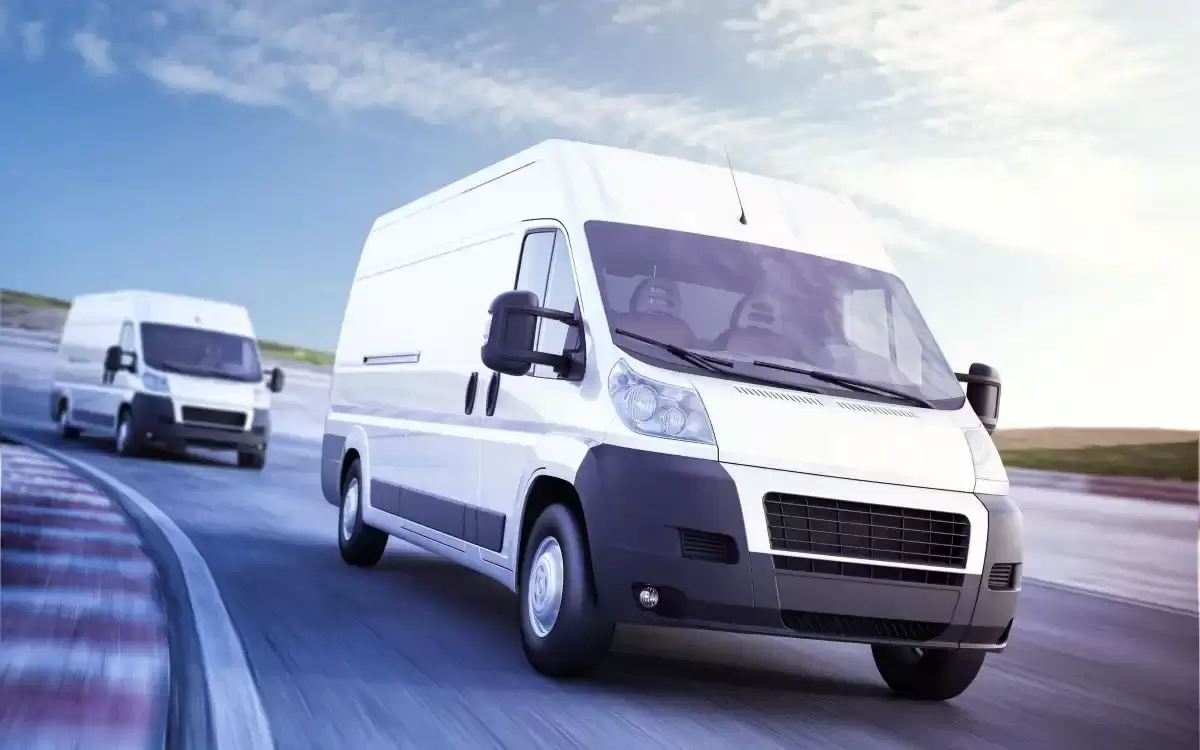How to choose the right van for your business
Save £££ on your van insurance |
|
Getting the right van for your business is a vital commercial decision.
It’s not a difficult decision, so long as you cover all aspects methodically. The biggest saving in choosing correctly, after the purchase price, is likely to be in fuel. So, the first thing to consider apart from the size of the van itself, is the size of the engine. The last thing you want is a van that’s too big and too powerful for your needs. Keep in mind that you don’t necessarily need a van that covers every eventuality. For example, if your van’s main role is ferrying light loads short distances, but very occasionally you need a bigger van for longer runs, you might find it practical to think about hiring a separate one for those times. It's also a good idea to compare van insurance deals to make sure you're getting a fair price. For in-depth advice, read: business van insurance - what you need to consider. |
|
|
When choosing a van, the place to start is to think about what you’ll be using your vehicle for day-to-day, including loads and distances driven.
Consider the following: * The size and weight of a typical load. You do not want to overload your vehicle as this could threaten the very survival of your business – not only is it illegal in itself, but it would almost certainly invalidate your insurance, so you’d be driving illegally on that score too. * Do you need a cooled van, or one that offers temperature control? * If you’re carrying expensive and specialist tools – and if you’re a tradesman you will be – you’re going to need to think about security very carefully. There are lots of options to improve security, but they will, naturally, add to your costs. On the other hand, they will also keep down the cost of insurance. Talk to a good dealer about this. The best option, of course, is to remove all valuables from the van when parked overnight, if this is practical to do, and to make it clear in a sign on the van that you’ve done this. * If you’re carrying goods to be delivered, you will also need to consider how you are going to be accessing those goods – this really boils down to a choice between sliding side doors or rear opening ones – or both. If you’re delivering heavy goods, you may need to consider a tail lift. This will add to cost but may save you in the long run by increasing the speed of your deliveries and so your productivity. You may well consider that rear doors as well as side ones are the best option. * Will you need to carry passengers? If so, you’ll need a van with that capability. |
|
You could save up to £333 on your van insurance |
|
What purpose will your van serve?
The Department of Transport suggests a variety of categories for van roles, and finding the right one for your needs will certainly help you to choose the right van for your business. Urban use, which means you’ll be driving through lots of traffic, down narrow roads, will mean you’ll need a highly manoeuvrable van that can be parked easily. You may also need access to both sides of the vehicle. Inter-urban use; this means driving out of town, perhaps more commonly to retail parks and industrial estates, which means that parking and manoeuvrability may be less important; then again, you may need a larger van for bigger loads and one with an engine designed to do more miles. Single-use van. This means you’ll be using your van for just one role, perhaps moving equipment or builders on and off site. Here capacity is going to be more important than thinking about, say, how easily the vehicle can be parked. Multiple use. This would include a van used by, say, a plumber or electrician, who would typically travel to several quite varied types of jobs in a single day. You will therefore probably need a wider variety of tools and equipment to cover the range of jobs and this might mean more capacity and a carefully planned internal storage arrangement. Whichever category you place your van in, the general rule is that, in terms of fuel and overall efficiency, if you’re doing longer distances on faster roads, you’re better off with a slightly larger engine that offers gear efficiencies. If you’re driving around town and doing lots of stops and starts, a smaller engine is the way to go. DRIVE A CAR TOO? SWITCH AND SAVE ON CAR INSURANCE What fuel should you use? A really important consideration after size, is the type of fuel the van uses. The main options will be: * Petrol * Diesel * Liquefied petroleum gas (LPG) * Compressed natural gas (CNG) * Electric You may also consider vans running on biofuels if you want to be especially environmentally friendly. |
|
|
For most people, it will come down to a choice between diesel and petrol.
Diesel engines do produce more air pollutants than the newest petrol engines – and there is clearly a trend to drive people away from diesel. But, again, the newest diesel engines are designed to reduce emissions to a minimum. Apart from doing your bit for the environment, it does seem likely that owners of diesel engines will be hit financially either by urban-use charges, or even, perhaps, by increased fuel duty. Other than environmental considerations, the general rule is that, if you do long distances, diesel engines will prove to be most cost-efficient; for shorter distances, a petrol engine will probably be more efficient. Bear in mind though that, while a petrol engine can quite satisfactorily be used for long distances, a diesel is generally not so efficient and will cost more for maintenance if it’s used for lots of short journeys. This is because to operate at an optimal level it needs to reach a much higher temperature than a petrol engine and this is only achieved on longer journeys. LPG or CNG vans have usually been converted from petrol-powered vehicles. So far, few fuel stations sell CNG or LPG, so most vehicles using these fuels are also capable of using petrol. One option that might be worth considering if your use of a van will be confined to relatively low mileage each day (under 100 miles), is an electric vehicle. Electric commercial vans do not attract any road tax, are certainly environmentally friendly and, according to the Department of Transport, can work out up to seven times cheaper to operate per mile than a similar sized diesel van. And, if you operate in London, you won’t pay a congestion charge either. On top of this, the government has said it intends to continue with a scheme that means buyers can get 20% off the purchase of a new van, up to £8,000. While this might be attractive, there are also negatives: the main one being that electric vans can be as much as double the price of a petrol or diesel equivalent . Electric vehicles also need to have their batteries replaced after a number of years and this involves a serious financial outlay. Even so, for anyone doing low mileage around town and who will be off the road at night and so able to charge the vehicle, electric may be worth looking into. |
|
Save £££ on your van insurance |




